If you’re anything like me (which is likely, given the audience this post will attract), it may bother you to be referred to as a tourist. Of course I could be alone here, but I often resent that despite the thought and planning I put into getting off the beaten path, I am and always will be viewed as a tourist by some people.
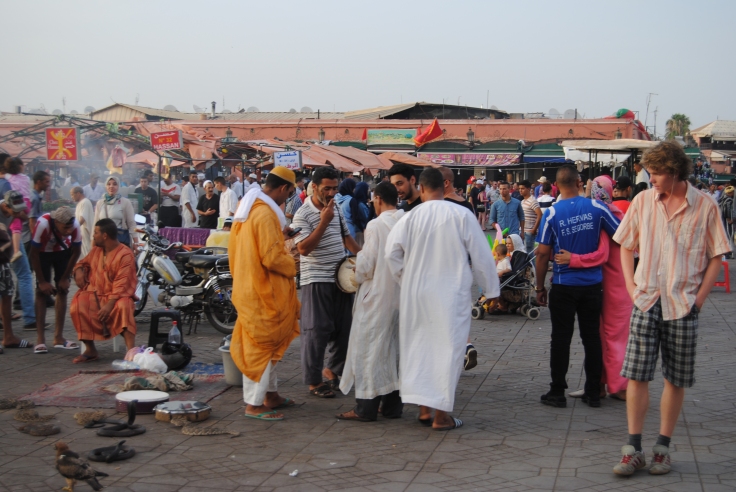
First off, I’d like to clarify that I don’t harbour any ill-will towards tourism. Tourism is and has been for some time, an important part of many economies worldwide, including mine, here on Canada’s west coast.
Tourism has the power to do a lot of good. Take Iceland for example, which, in 2008, underwent a horrendous financial crisis. In the years to come, the Krona dropped, inflation rose and unemployment tripled. Much to the good fortune of Icelanders, this all changed in 2010 with the eruption of one of the countries’ volcanoes. As Eyjafjallajokull fumed and exploded, it spewed so much ash into the air that over twenty European nations mandated a freeze on all air-traffic. A blessing in disguise, this week-long stasis affected around 10 million would-be passengers and plunged Iceland into the global spotlight. Since then, the country’s economy has all but recovered thanks to a massive tourist boom.
In addition to the economic benefits, tourism is also a powerful tool in the fight against xenophobia. I believe most travellers would agree that experiencing someone else’s culture or religion is an effective way to humanise those individuals against whom we are accustomed to discriminate. So why then, if I support tourism, do I not wish to be associated with tourists? The answer is simple:
Most tourists don’t support tourism; they support vacationism.
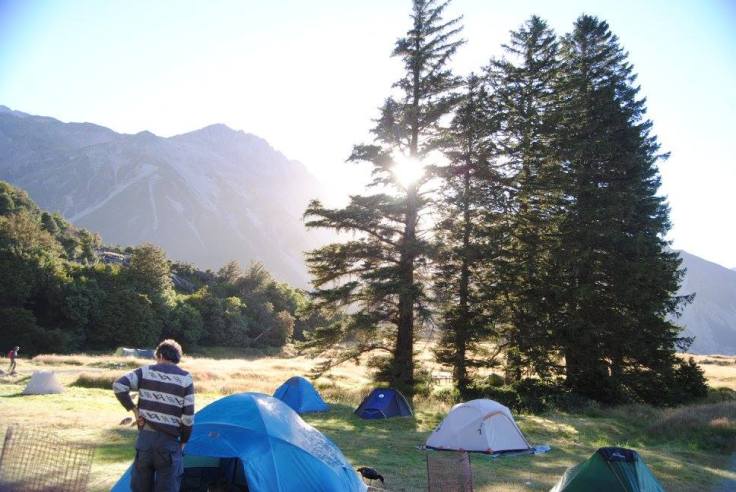
To quote the motto of The Rover In The Leather Jacket, you should travel to be better, not to be cool. I think that Sara hit the nail on the head with this one and personally, I couldn’t agree more. Travel isn’t something that should be done with the intention of being cool or interesting, but rather something that should be done for the development of your person. This is where we reach our first distinction between a tourist and a traveller.
A traveller is someone who ventures out of their direct routine for the sake of uncovering the unknown and experience something new. This is inherently opposite to the purpose of resort stays and Instagram-minded vacations–a distinction which makes for a palpable difference when the voyaging party returns home. Too many times in high school and university have I had the following conversation:
Hey, how was your reading break?
Great! We went to Mexico for eight days.
Cool, where did you go?
Puerto Vallarta. We had an all-inclusive, so mostly we spent the time relaxing on the beach.
This dialogue usually ends pretty quick, perhaps with a few extra comments about getting tanned, drunk or having gone zip-lining. On the other hand, a similar conversation spoken between two travellers would typically be longer and more informative. This is because the traveller leaves home to learn, returning with knowledge and stories. Opposite to this, the holiday-maker typically leaves to relax, returning home with little more than a tan. The distinction here is similar to (if not the same as) the difference between an adventure and a vacation.
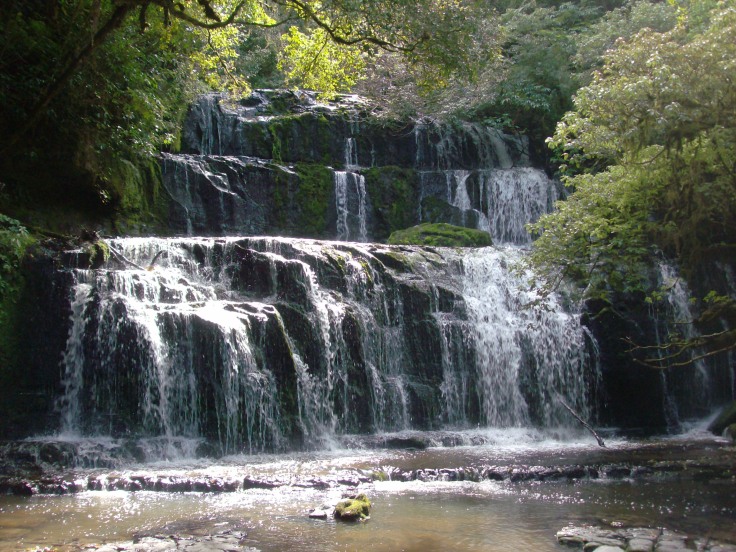
Another important aspect of the traveller is a sense of responsibility which doesn’t exist in the average tourist. I tend to imagine the former as someone who is conscious of the effects that their actions have regarding the country or region they’re visiting. In many cases this comes down to where (and from whom) tourists buy their goods and souvenirs. In many developing nations, one should be particularly wary where products have come from, especially if the item descended from something living. Illegal harvesting, fishing and poaching all pose a great threat to many of the earth’s ecosystems and should not be supported. Much to mother nature’s dismay, however, they often are.
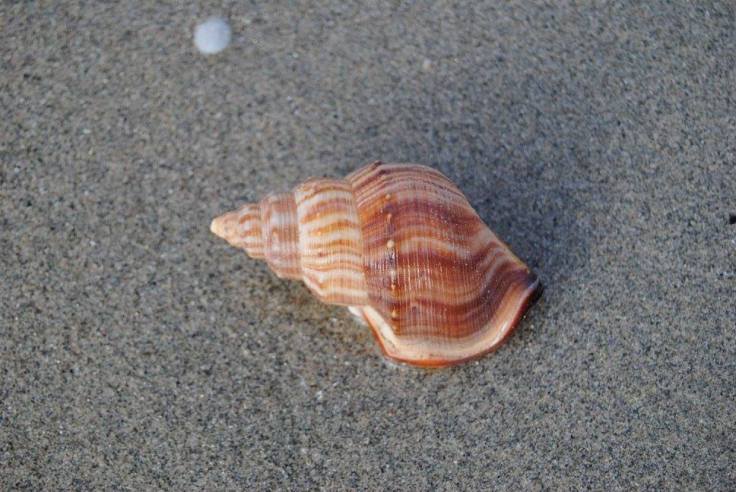
In summary, there are many kinds of tourists and while most pose no problem to the well-being of the planet, many do. Unfortunately, this is where my argument boils down to semantics. Through my personal interpretation of the English language, I am convinced that my mother tongue does not distinguish well enough, travellers from tourists and more importantly, tourism from vacationism. As it stands, a tourist is a catch-all term which encompasses just about anyone who goes abroad. Of course, English is guilty of this all the time with nearly all of its vocabulary. For example, the words “few” and “little” are synonyms, but are not completely interchangeable. In a similar fashion, I argue that English speakers should be more conscious of the subtle differences between travellers, vacationers/holiday-makers and tourists.
Ultimately, the source of my frustration stems from that fact that as a traveller, I do my best to separate myself from the ethical, environmental and economic consequences of vacationism–an effort which is undermined when I am given the same label as those who’s behaviour I am trying to avoid.
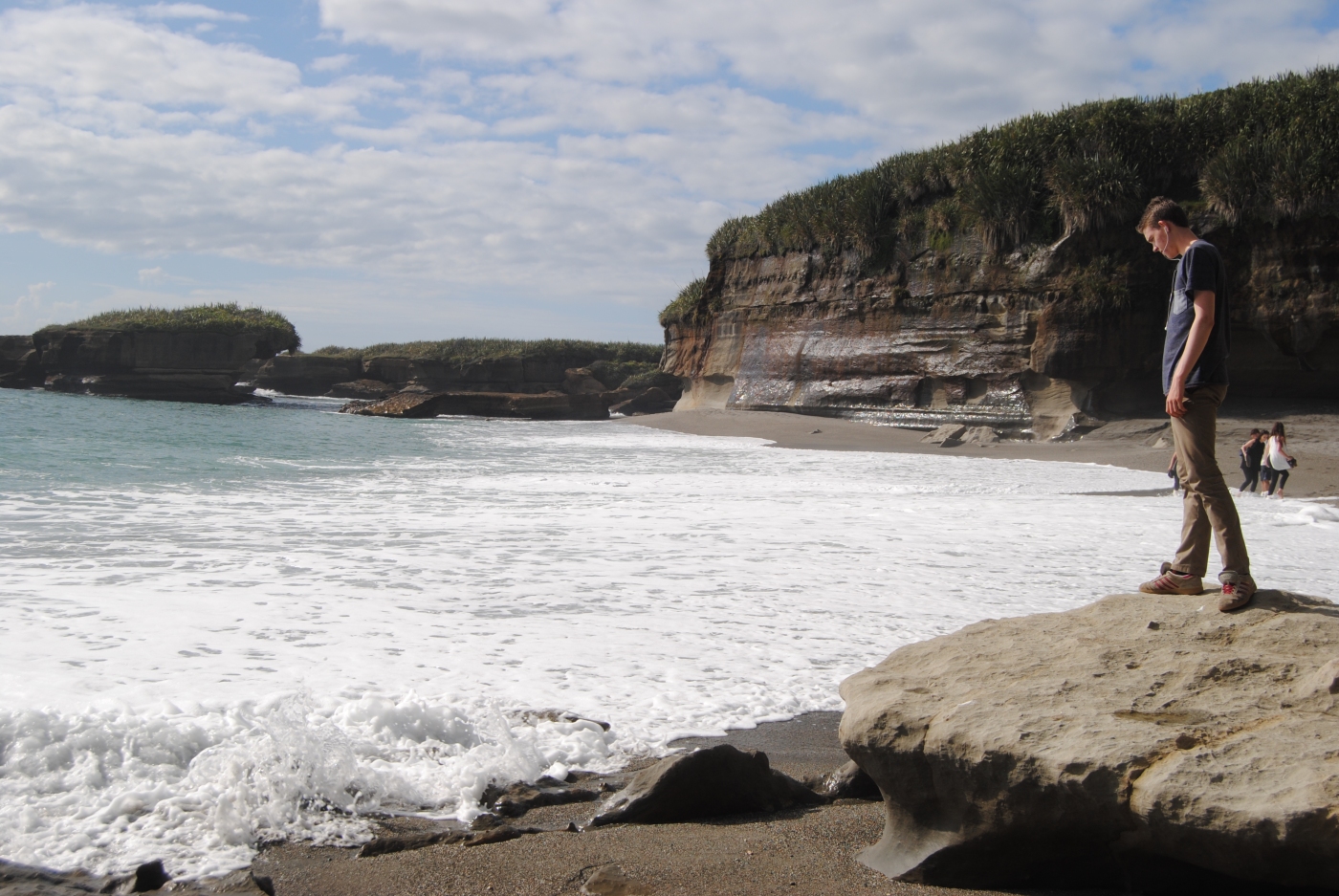
Amazing article!
LikeLiked by 1 person
Hey, thanks very much
LikeLike
I think we should make a difference between a tourist and a traveller: whereas the first embarks on a trip, following established routes and expecting the world to work the way it works at home, the traveller immerses himself in the local culture, interacts with the inhabitants and wants to learn new things. Sadly, most of the times, the tourist chooses a specific destination only to show off and use it as a status symbol.
As bloggers I feel like we have some sort of “code of practice” and we should encourage others to travel respecting local cultures and people. If on one hand tourism helped countries to develop, on the other hand it endangered them: look at the case of Iceland. At first mass tourism helped the country, but now they are thinking to put a limit to the touristic flows, because they are just too many.
Thanks for your perspective and for the mention 🙂
SaRA
LikeLiked by 1 person
Yes precisely. I have another post planned for the future about how Icelandic’s tourism boom is hurting a lot of its once-sustainable food reserves (puffin and greenland shark populations are dropping, due in part to overconsumption). But yes, I’m glad you enjoyed my thoughts on the matter 🙂
LikeLiked by 1 person
Oh God, I didn’t know about the puffin and the shark, this is so sad 😦
LikeLike
Yea, there are a lot of mixed feelings in Iceland regarding tourism. One the on hand, it has saved the economy but on the other, it’s really overwhelming the nation’s resources and infrastructure
LikeLiked by 1 person
By the way, it was entirely your motto that prompted me to write this. Thanks for the inspiration!
LikeLiked by 1 person
I’m glad I was helpful in some way 👍 I’m looking forward the post you mentioned about Iceland and sustainability!
LikeLiked by 1 person
Interesting topic and read, great post! In my personal opinion, however, as someone who’s worked in the travel industry since 2001, the words tourist and traveler are synonyms. Both are referred to as “pax” in the industry, short for passengers. Which I think is very descriptive. Both need the same services: transport, accomodation, food, entry tickets, activities or whatever you choose to do. Whether you do it alone or through a tour operator really makes no difference in the end. You still consume the same services one way or another. I totally get why most people want to distinguish between the two, since “tourist” has a derogatory tone to it. But I’ve always felt it’s a bit hypocritical. The companies that tourists or ‘vacationists’ use are under great pressure to perform ecologically and responsibly, it’s just a matter of the end user delegating to choosing process to the service providers, whereas the independant traveler makes his own choices, whether they are well educated ones or not. The more I’ve traveled, the less I care about the semantics. To the locals, you’re a tourist anyway. Especially if you don’t happen to look like you can blend in anywhere, eg I’m blond and very pale so most places I go people will know I’m just visiting. Anyway, as I said, great post for discussion and I do realize that everyone has their own opinion – Happy travels to you! 😊
LikeLiked by 1 person
Thanks for the comment, I’m really happy to receive thought-out responses. I agree with you for the most part, particularly regarding regions and countries with high tourist traffic, but I think that perhaps our different views reflect different types of experience. I haven’t ever worked in the tourism industry, so my opinion is likely not as well-rounded as yours.
Being a student, I don’t have a lot of money to spend and as such mostly use hitchhiking, walking, camping and couchsurfing as my main forms of transportation and accommodation. I’ll be sure to touch on this in other posts, but if I’m talking to somebody on the street with the intent of sleeping on their floor or just trying catch a ride, I have to present myself as someone who can be trusted (which I’d like to think I am). As a result, I end up making great friends with the people I meet, but the whole process takes a level of interest and awareness on my part that I don’t see coming from a lot of my travelling counterparts.
This was the reasoning behind my post–a comment on the difference between how I see people act in other countries, vs how I act. This is not to say though, that I think I’m better than somebody enjoying their vacation, but I certainly see a drastic difference in how I am treated by locals.
LikeLiked by 1 person
Getting to know the locals is the best way to absorb the local culture, I agree with you! I like your style of travel, used to do that kind of thing when I was younger, too. (Not that I’m old now, hahah! Just oldER.) This topic is so great for discussion because there are so many aspects to it and so very many ways to travel, reasons to travel, traveler profiles, etc etc. Anyway, I can see where you’re coming from and I wish more people were like you, taking the time to really get to know their surroundings! 🙂
LikeLiked by 1 person
Thanks! Like I said before, I understand where you’re coming from and I would agree with you entirely if I were renting a car or in general using the infrastructure set up for non-residents. I realise that through my youth and limited budget, I’m a fringe case–not unique, but certainly in a minority of travellers. Anyway, thanks again for reading; I’m surprised larger sites take an interest in mine, but I sure do appreciate it.
LikeLiked by 1 person
I’m not that large, just a hobby blogger 🙂 And don’t sell yourself short, your posts are engaging and interesting!
LikeLiked by 1 person